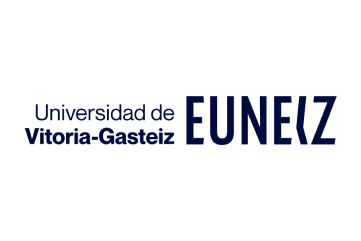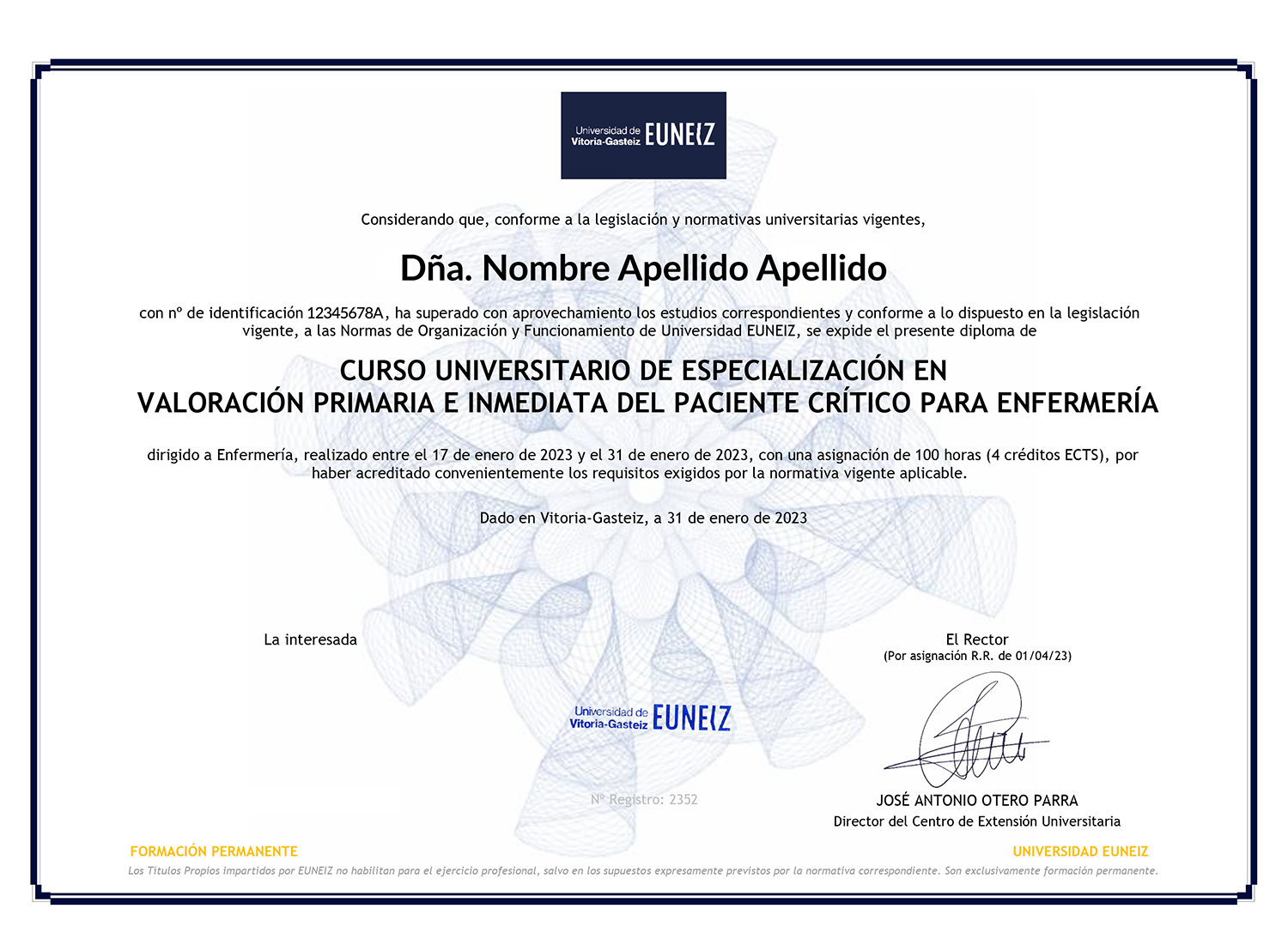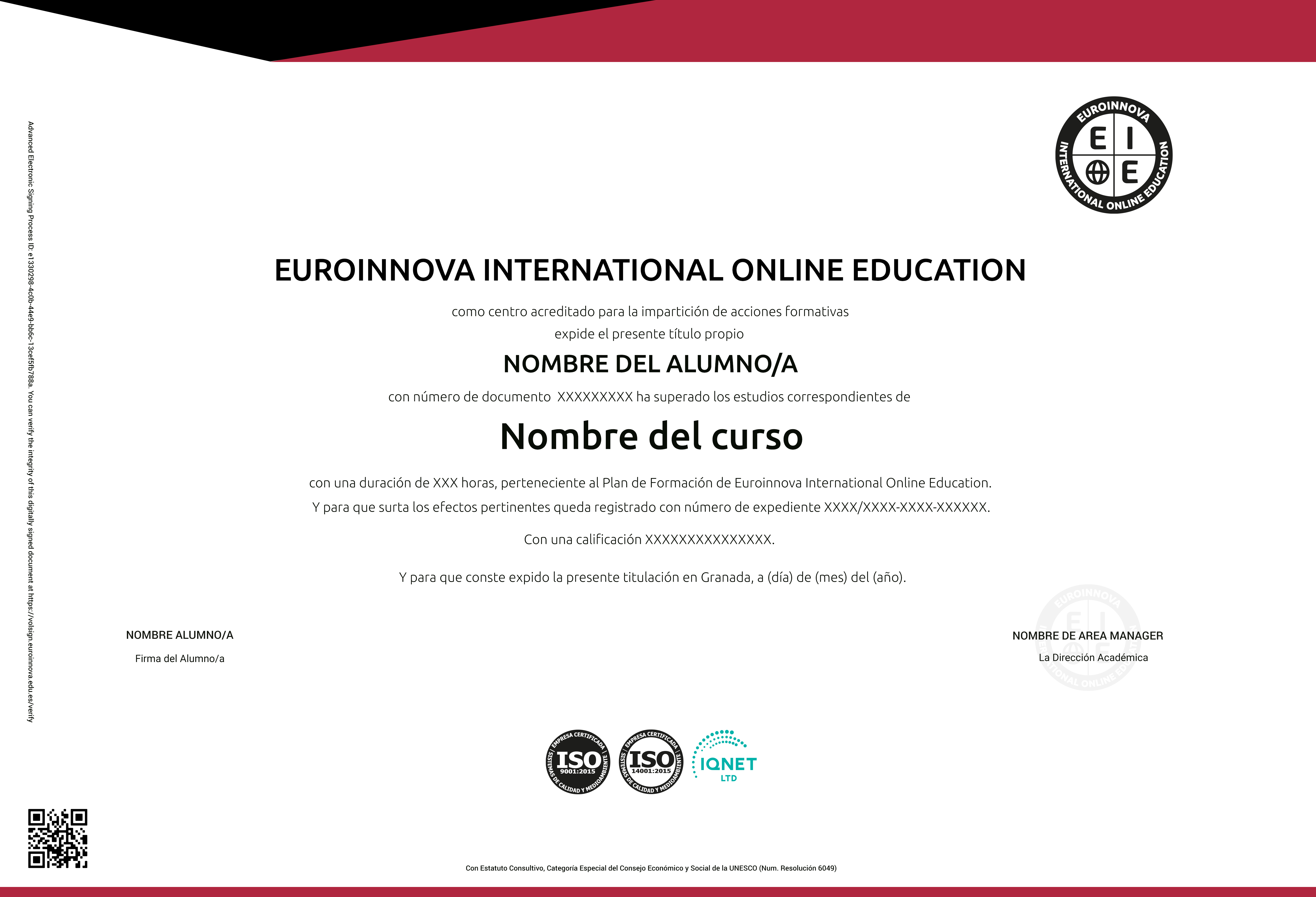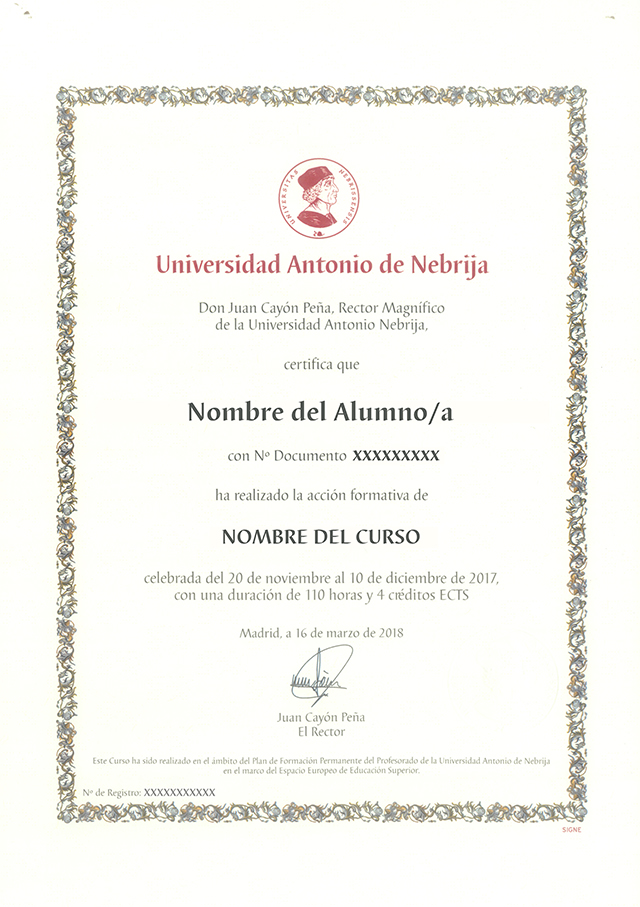SOCIOLOGY COURSE OF EDUCATION: COURSE IN SOCIOLOGY OF EDUCATION + UNIVERSITY TITLE IN NEUROPSYCHOLOGY OF EDUCATION (Double degree + 15 ECTS credits)

Request information


Syllabus
Download syllabus in PDFCurriculum
Summary
The sociology of education is the branch of sociology that studies the influence of the social environment in educational media, as well as the social function of education through the explanation of different sociological theories. This course in Sociology of Education + University Course in Neuropsychology of Education intends to provide information about the sociological theories that offer a vision of social function, as well as describe the processes by which people, from the educational stage, tend to interact and interact with the environment and the environment around them. In addition, with this course you will know the fundamental aspects of education neuropsychology.
Goals
Professional opportunities
To prepare you
The sociology of education is the branch of sociology that studies the influence of the social environment in educational media, as well as the social function of education through the explanation of different sociological theories. This course in Sociology of Education + University Course in Neuropsychology of Education intends to provide information about the sociological theories that offer a vision of social function, as well as describe the processes by which people, from the educational stage, tend to interact and interact with the environment and the environment around them. In addition, with this course you will know the fundamental aspects of education neuropsychology.
Who is it addressed to?
The course in Sociology of Education + University Course in Neuropsychology is aimed at education professionals who wish to know more about neuropsychology in this environment or to all those professional who is interested in the sociological conceptualization of education, as well as knowing the functions that education exercises at the social level.
Official Character
This training is not included in the scope of official regulated training (Infant Education, Primary Education, Secondary Education, Official Professional Training FP, Baccalaureate, University Degree, Official University Master and PhD). It is therefore a complementary and/or specialization training, aimed at acquiring certain skills, skills or aptitudes of a professional nature, being able to be barely as merit in workbags and/or opposition competitions, always within the complementary training section and/or continuous training being always essential to review the specific requirements of the public labor stock of the public labor stock market.

Our methodology combines technology, pedagogy and empathy for learning tailored to you.
You set the pace, decide the path and artificial intelligence accompanies you so that you learn better, with meaning and purpose.

Truly personalized learning
Your style, interests and level define the route. You are the starting point.

Constructivism in action
Explore, experiment and apply. Learning means understanding, not memorizing.

AI that accompanies you, not directs you
PHIA, our artificial intelligence assistant guides you without limiting your autonomy.

Evaluation without pressure
Continuous and adaptive feedback. Because learning is a process, not a number.
Certification




Double degree: - Own Course Title in Sociology of Education issued by the University of Vitoria -Gasteiz accredited with 10 university credits - University degree in Neuropsychology of Education with 5 University Credits ECTS



EducaHub Scholarships
Make your training more accessible: finance at 0% interest and obtain personalized scholarships.
At EducaHub we believe that education should be available to everyone. For this reason, we offer a Scholarship Plan that facilitates your access to practical, current and quality training, eliminating economic barriers.
-25%
Alumni Scholarship: for former EducaHub students.
-20%
Unemployment Scholarship: if you prove that you are unemployed.
-20%
Large Family Scholarship: for families with 3 or more children.
-20%
Disability Scholarship: for people with disabilities ≥33%.
-15%
Emprende Scholarship: for self-employed workers who can prove their activity.
-15%
Recommended Scholarship: if you come recommended by a former student.
-15%
Group Scholarship: for joint registrations of 3 or more people.

An entire educational universe, on a single platform.
An intuitive environment with AI that guides you to train autonomously and with purpose.

Learn at your pace
Courses, master's degrees and official qualifications. 100% online, flexible and at your pace.

Access from anywhere
Available 24/7 on mobile, tablet or PC. You decide when and how to train.

Phia, your AI mentor
It challenges you, motivates you and personalizes your path. Learn with a guide that evolves with you.

LX One Plus: Training without limits
Unlock soft skills, languages and more. Move towards comprehensive and continuous training.



